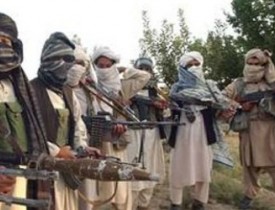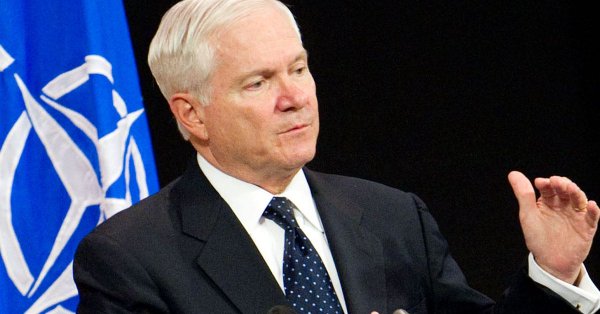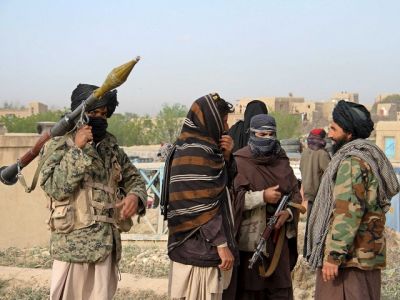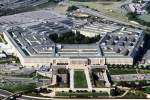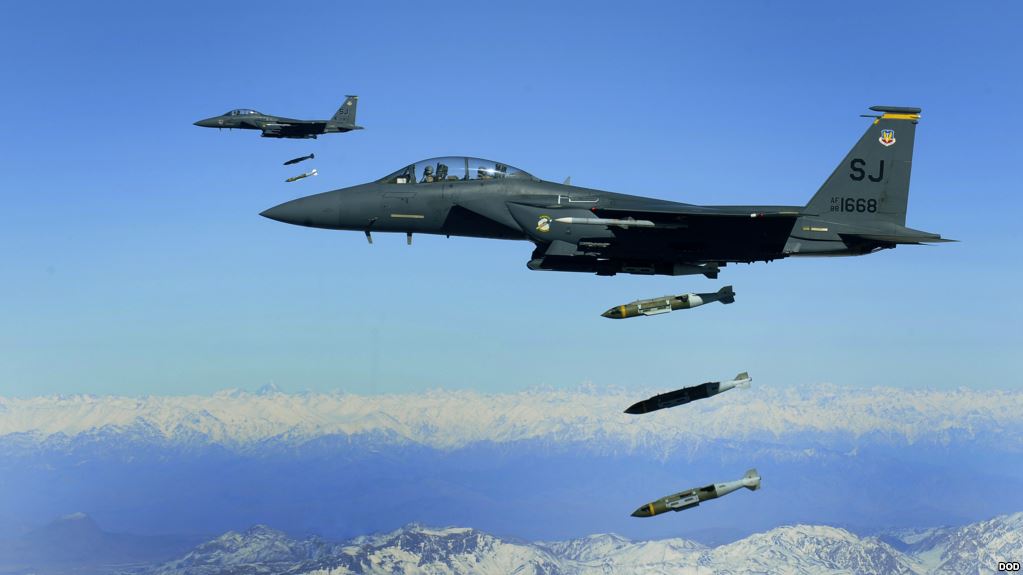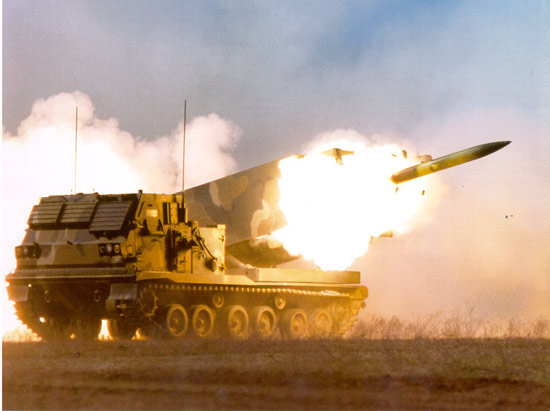AVA- The Taliban and Haqqani network are roaming free in Pakistan, the United States Defense Department has said in its first report to the US Congress since Washington’s new strategy on Afghanistan and South Asia was announced.
“Although Pakistani military operations have disrupted some militant sanctuaries, certain extremist groups such as the Taliban and the Haqqani Network retains freedom of movement in Pakistan. The United States continues to convey to all levels of Pakistani leadership the importance of taking action against all terrorist and extremist groups, the report says.
The Pentagon added that terrorist safe havens along the Durand Line and the presence of terrorists in Afghanistan are threatening the stability of the region.
“The Afghanistan-Pakistan border region remains a sanctuary for various groups, including al-Qaeda, al-Qaeda in the Indian Subcontinent (AQIS), the Haqqani Network, Lashkar-e-Tayyiba, Tehrik-e-Taliban Pakistan (TTP), ISIS-K, and the Islamic Movement of Uzbekistan. Sanctuary on the Pakistani side and presence on the Afghan side remain security challenges for both countries and pose a threat to regional security and stability,” the report says.
The report said that Afghanistan itself is involved with militants who are being empowered from outside the country.
“Afghanistan continues to face an externally enabled and resilient insurgency. As Afghanistan completes its third year of full responsibility for the security of the country, Afghan forces have shown determination and growing capability in their fight against the Taliban-led insurgency,” the Pentagon report adds.
“The policies which are being implemented against Pakistan by the United States will be supported by Afghans if they were put into place,” said Sayed Ali Kazemi, an Afghan MP.
Meanwhile, a well-known Pakistani journalist, Ahmed Rashid, wrote in an article on terrorists’ safe havens in Pakistan that the Pakistani army is fighting against the groups which are threatening Pakistan itself. However, they provide safe havens to groups like Afghan Taliban who fight against other places, he reported.
“Pakistan's strategic reason for maintaining its support for the Taliban is to prevent Indian involvement in Afghanistan and to assert its influence in any future political settlement there. But there is no sign that Islamabad is taking any initiative of its own, let alone holding peace talks,” Rashid says in the article.
Rashid adds in the article: “Another cause for concern is the revival of the Muttahida Majlis-e-Amal (MMA), an alliance of half a dozen Islamist parliamentary parties that are not necessarily extremist but are certainly pro-Taliban. President Musharraf created the alliance in 2002 to give political cover to retreating Taliban fighters coming over the Afghan border and provide them a sanctuary in Pakistan. The MMA won the 2002 elections in two provinces on the frontier with Afghanistan and it hosted thousands of defeated Taliban arriving from Afghanistan.”
“Even now, the United States has brought symbolic pressure on Pakistan; we cannot see practical pressure. There is no sign of political pressure. There is no sign of sanctions (against Pakistan),” said Khalid Pashtun, a member of the Afghan parliament.
However, Pakistan is not the only country criticized by the Pentagon report. The report is critical of Iran and Russia, saying that Russia is trying to weaken US’s efforts in Afghanistan. The report adds that Iran is damaging Afghanistan by backing the Taliban.
“Russia has security concerns regarding Afghanistan, citing terrorism and narco-trafficking concerns most vocally. Russian-Afghan relations suffered due to Russia's public acknowledgment of communications with the Taliban and support of the Taliban's call for coalition withdrawal from Afghanistan.
“Not surprisingly, Russia publicly called the new South Asia Strategy a ‘dead end’”, the report says.
“During the reporting period, Russia continued to seek ways to undermine U.S. influence in the region by disseminating false information about U.S. objectives, engaging with the Taliban, and putting pressure on Central Asian neighbors to deny support to U.S. and NATO efforts to stabilize Afghanistan.”
The report says that “Iran provides some support to the Taliban and publicly justifies its relationship with the Taliban as a means to combat the spread of ISIS-K in Afghanistan. Iran's support to the Taliban undermines the Afghan Government's credibility, adds to instability in the region, and complicates strategic partnership agreements”.
“Russia wants to defeat the US in Afghanistan as it was defeated by Russia in this country,” said Mohsen Mokhtar, an Afghan analyst.
The Pentagon report follows accusations that Russia and Iran were supporting the Taliban. Both countries, have rejected the allegations as baseless.
